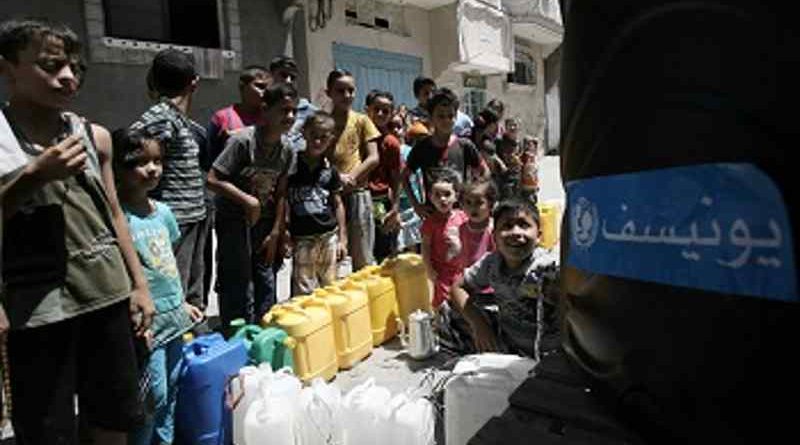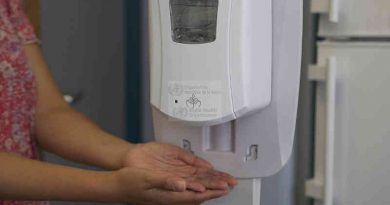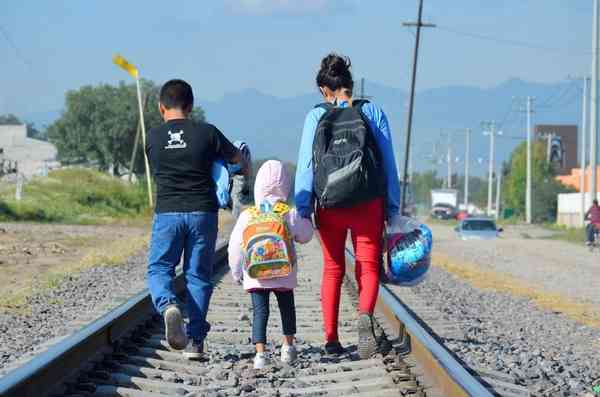European Union Funds Gaza’s Largest Seawater Desalination Plant

The European Union and UNICEF officially inaugurated Thursday the largest seawater desalination plant built in the Gaza Strip so far.
The €10 million plant, funded by the European Union, has the capacity of producing 6,000 m3 of potable water daily to provide around 75,000 Palestinians with safe drinking water in the southern Gaza Strip—about 35,000 people in Khan Younis and 40,000 people in Rafah.
The European Union has already granted an additional funding of €10 Million to double the capacity of the plant.
The works of this second phase, which have just started, will enable the plant to produce a total of 12,000 m3 of safe drinkable water daily, serving around 150,000 Palestinians.
“It is almost ten years since Gaza was first subjected to closure – a policy which has affected every aspect of life here. We are here to say that Gaza will always be at the top of our agenda in Palestine,” said Mr. Michael A. Köhler, Director for South Neighbourhood at the European Commission, as he drank his first glass of water produced on site.
“Our support covers various sectors from helping to provide clean water to solid waste management, businesses development, and strengthening civil society. These projects give hope in the midst of a very bleak reality which has to end. It is a time to bring about a fundamental change to the political, economic and security situation in Gaza,” he added.
[ Free Schools for Poor Children ]
The project, which started a little over three years ago, was led in partnership with the Palestinian Water Authority (PWA) and Gaza’s Coastal Municipalities Water Utility (CMWU).
The plant includes solar panels but it will mainly rely on electricity. A critical challenge to ensure it can fully operate will be the energy crisis, which left Gaza’s residents with barely four hours of power a day over the past weeks.
Water resources are critically scarce in the Gaza Strip; 95 percent of the water extracted from the coastal aquifer is considered unfit for human consumption.
Seawater desalination is one of the strategic options chosen by the Palestinian Water Authority to help provide 2 million Palestinians in the coastal enclave – including one million children — with safe drinking water.
The desalination of seawater from the Mediterranean is essential to curb over-extraction of groundwater from the coastal aquifer, to prevent an environmental disaster and to start the slow process of aquifer restoration.





